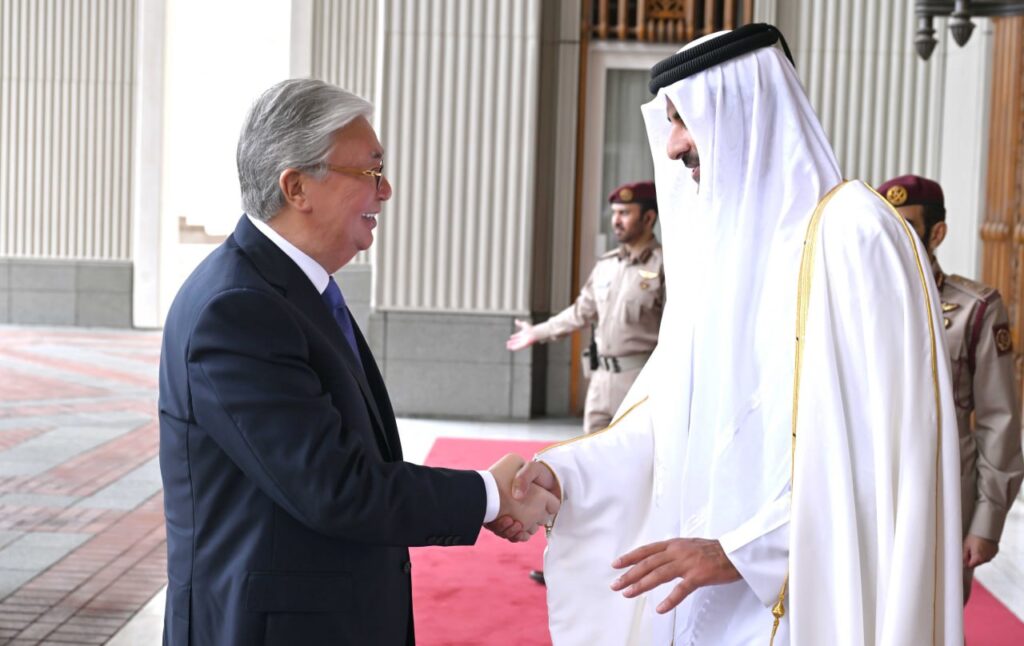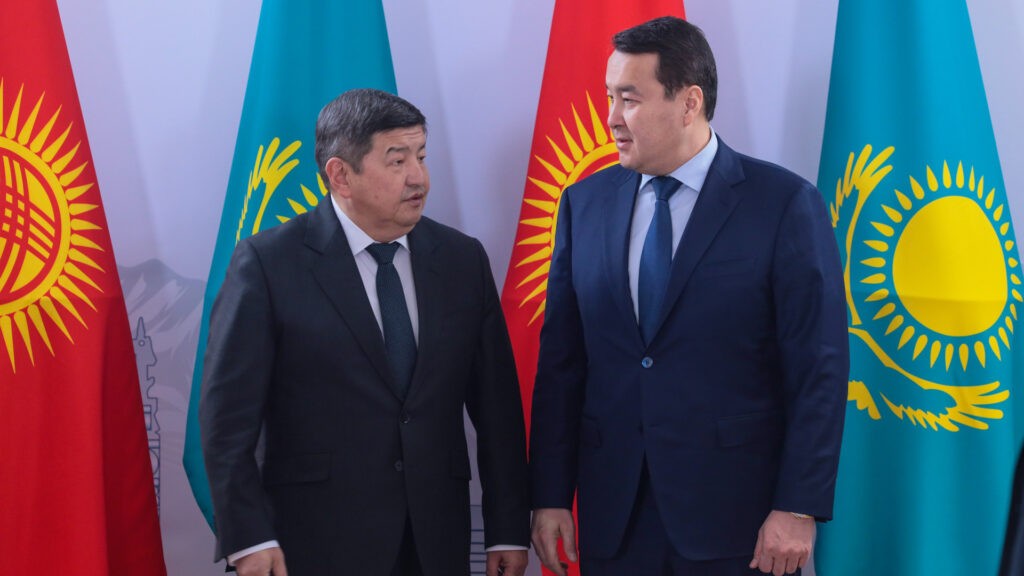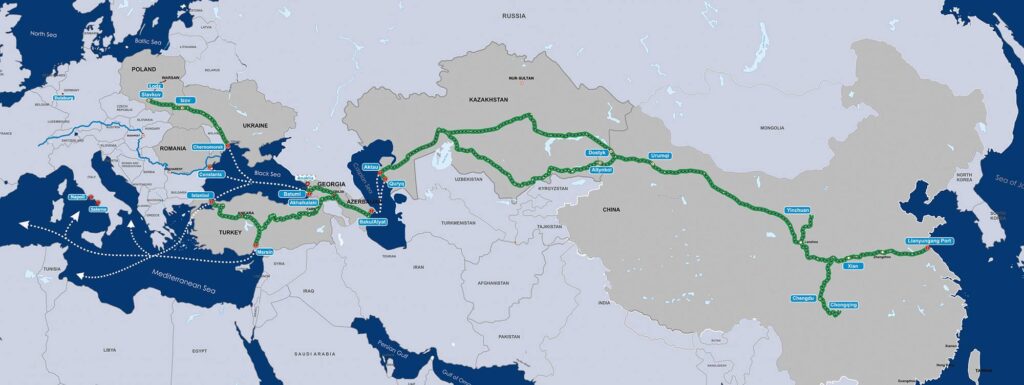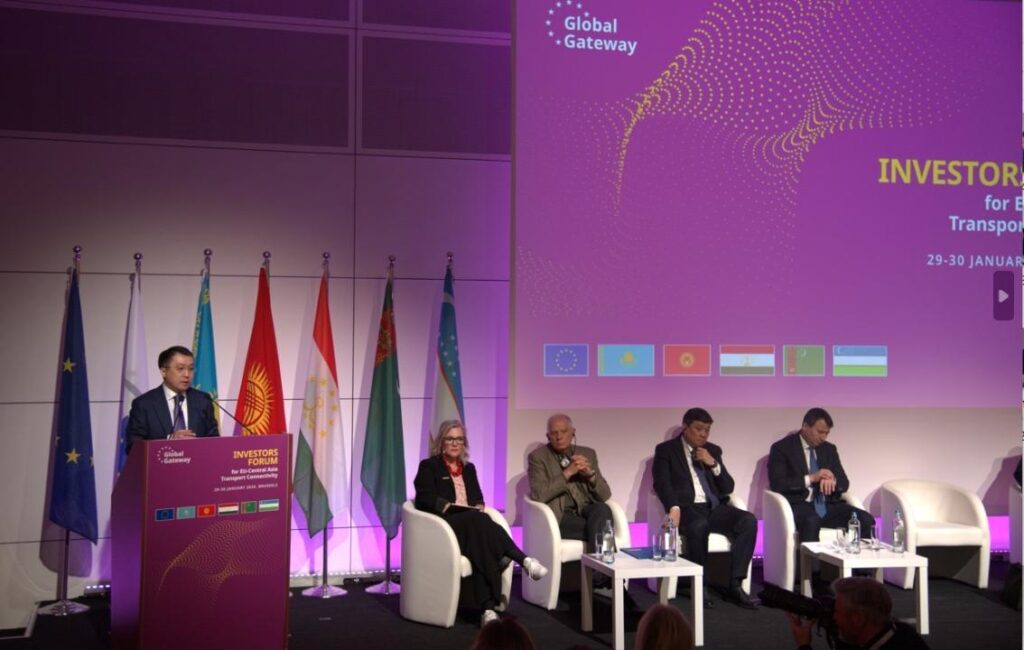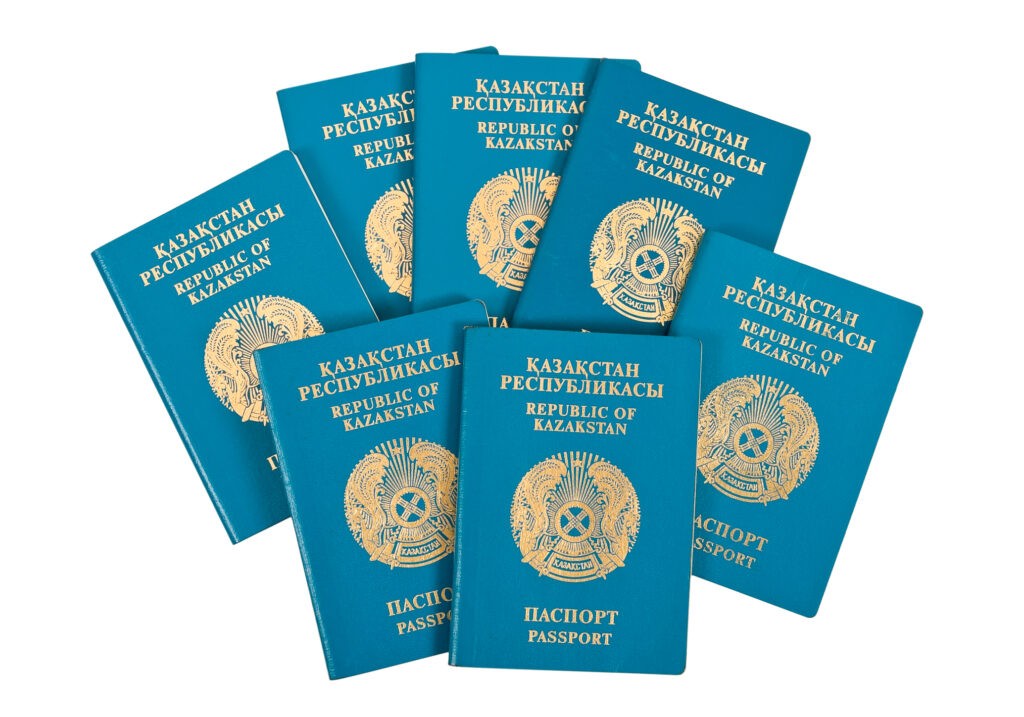Kazakhstan’s President Among First Foreign Leaders to Address Quorum of Qatar’s Parliament
The President of Kazakhstan Kassym-Jomart Tokayev paid a working visit to Qatar on February 13-14, during which he delivered a speech to the members of the Consultative Assembly (Majlis al-Shura) in Doha. About a dozen documents were signed after negotiations between the Kazakh side and the Emir of Qatar, Tamim bin Hamad Al-Thani. The main agreement focuses on cooperation in the construction of gas processing plants at Kazakhstan's Kashagan field between the state company, JSC QazaqGaz, and Qatar's UCC Holding - as well as projects in the field of energy and gas between JSC Samruk-Kazyna, the Kazakh Ministry of Energy, and Qatar's Power International Holding. According to the Ambassador Extraordinary and Plenipotentiary of Kazakhstan to Qatar, Arman Isagaliyev, President Tokayev's speech contained comments and observations about the upcoming reforms in Kazakhstan, as well as an assessment of events in the Middle East and the world in general. Qatar appears keenly interested in the structure and operations of state institutions given that the first parliamentary elections in the country were held just three years ago. Tokayev proposed after state-level talks that the countries could enter a fully-fledged strategic partnership. Furthermore, Tokayev noted that it's necessary to develop an inter-modal transport network connecting the Persian Gulf and Central Asia, and to expand cooperation in agriculture and organize cultural exhibitions from Kazakhstan and Qatar in each other's capitals in 2025. During the talks, Tokayev said he is ready to increase exports to Qatar on 60 non-resource-based commodity items by $250 million, and proposed bilateral trade be increased to $500 million.


